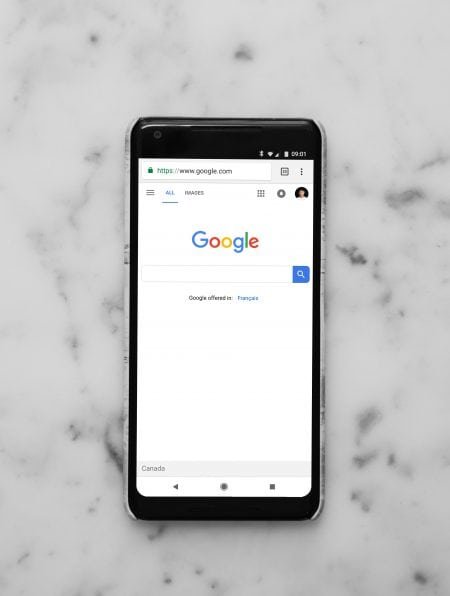With Facebook latest security breach and the Cambridge Analytica Scandal, all we thought we knew about internet privacy and security was placed in doubt. Cyber-security, a topic no-longer reserved for tech-buffs, violently rose into trending topics, with millions of people asking themselves whether their data and personal information were actually safe while browsing the web.
In an attempt to introduce a more secure web for everyone, Google introduced the Google Chrome 68 update. An update that according to Google will help everyday users feel safer when browsing the web without worrying about SSL or TLS certificates. Sounds good on paper.
Unfortunately, with the Google Chrome 68 update, thousands of sites are now being marked as “not secure.” For example, a small business without an HTTPS address might no longer be considered secure, thus compromising its reputation, and scaring its customers away.
If you want to protect your business and regain your customer’s trust, here’s what you need to know:
What does SSL stand for?
SSL stands for Secure Sockets Layer and an encrypted link that protects both the website and visitors from any foreign attempt to collect personal information. You can easily identify a website with SSL by looking at its address:
- HTTPS: SSL encrypted
- HTTP: Non-encrypted website
Having an SSL is incredibly important nowadays. In fact, websites without SSL certificates have higher bounce rates and fewer business transactions. The good news is you don’t have to spend a fortune in order to implement an SSL certificate on your website. You can even get a Free SSL certificate with certain web hosting plans but you’ll have to renew it every 30 to 90 days. We strongly recommend any of the following:
- Domain Validated Certificates (DVSSLs): Ensures that your business has the right to use your domain name.
- Organization Validated Certificates (OVSSLs): Holds the same privileges as a DVSSLs but also allows you to protect your company address and phone number.
- Extended Validation Certificate (EVSSL): The highest level of security that ensures any of the above privileges while also giving you a green highlighted URL so your users know their security is explicitly important for your business.
Protecting your business
After July 2018, every small business needs to make sure their websites hold an SSL/TLS certificate in order to unlock the HTTPS protocol. You can do this by contacting your web hosting provider or buy a certificate. Having a lock in your address bar would be an indicator for your consumer to know that any interaction between her and your website is safe and encrypted.
If you’re interested in buying an SSL/TLS certificate you can go to letsencrypt.org, Symantec, or Comodo for a Certificate Authority (CA) that ensures the highest level of privacy.
Also, if you’re having trouble finding the right certificate for your needs feel free to ask for guidance. At Idea180 we offer comprehensive web services from web design to lead generation so your small business can stay ahead of the competition.





